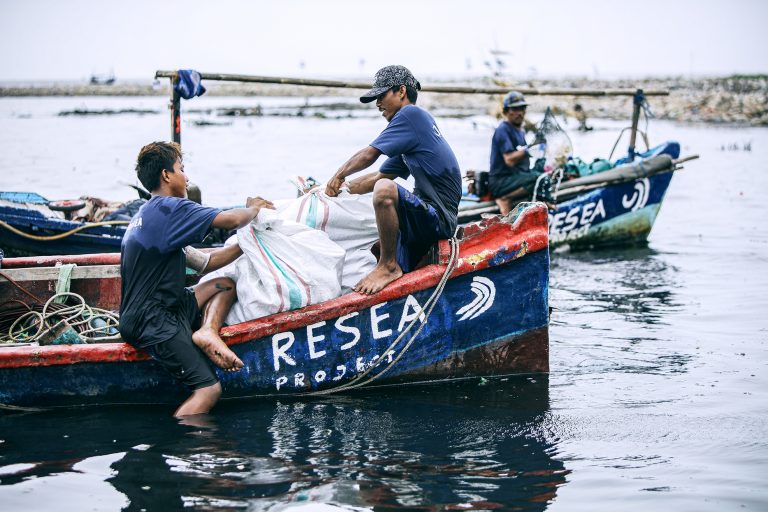ReSea Project is calling on UK food and drink brands and manufacturers to upscale their environmental credentials by signing up to commitments to remove plastic from the planet’s oceans and rivers.
The organisation is on a mission to push the agenda for plastic-free waters and is seeking British food and drink partners to join forces to help tackle consumers’ number one environmental concern – plastic pollution.
ReSea Project is a Danish company which removes plastic from oceans and rivers and has already taken 1.4m million kilos of plastic out of oceans and rivers in the last year. Operating out of South-East Asia, it helps brands and service providers embed sustainability and ocean health at the heart of their operations with measurable and documented impact.
Globally, ReSea Project is successfully working with major brands which are able promote their sustainability credentials to consumers via their websites, on-product and beyond, including The Hidden Sea Wine and Stoli vodka.
This call to action comes as studies show the UK’s supermarkets account for a shocking 800,000 plus tonnes of plastic packaging waste a year – with eight million pieces of plastic making their way into water ways every day.
According to a government report the UK reportedly generates more plastic waste per person than any other country bar the US and currently less than 10% of household plastics are recycled.
It said that consumers are increasingly concerned about their environmental footprint and are demanding greener and more sustainable products. This is particularly so within the food and drinks sector, where 69% of European consumers consider sustainability issues, including packaging, when making a purchase.3
Christine Tangdal of ReSea Project says: “We’re already working with a selection of popular brands in the UK and the results have been immediate and impressive, with simple mechanics like for every bottle sold the equivalent of 10 plastic bottles are removed from oceans and rivers.
“We’re open to ideas and initiatives to enable food and drink brands and manufacturers to join in our ocean clean-up activities. We’d particularly like to work with soft drinks and juices, bottled waters, sports drinks, dairy, and alternative drinks producers such as kombucha, yerba mate, tea, and cocktail and spirits brands. On the food side, we’re looking to partner with companies that produce soups and sauces, ready meals and prepared foods, fish, meat and dairy products, ice creams and chocolate, as well as vegan and plant-based brands.
“Partnerships such as this really chime with the consumer as it’s such a pressing environmental issue – and means companies can lead the way with initiatives that care for the planet and leverage their environmental commitments.
“In addition, we provide the marketing services needed to communicate the initiative to increase customer engagement and awareness and can work in partnership on social media and PR campaigns.
“Our solution has shown to be a true win-win. Consumers prefer brands that do something positive for the environment and by partnering with ReSea Project our partners get a brilliant chance to show consumers that choosing their brand has a direct and documented impact for our planet.
“As our movement grows, so does our impact, allowing us to make waves beyond the sea we work in.”
A UN assessment of plastic waste policies determined South-East Asia as the global marine litter epicentre – a primary source and victim of plastic – where it is choking seas and threatening ecosystems.
The international trade in plastic waste and the recent survey in the use of single-use plastics and personal protective equipment during the COVID-19 crisis have also worsened the situation, according to Southeast Asia Development Solutions.4
Just one of two global organisations that are certified in plastic removal from oceans and rivers by globally recognised assurance provider DNV, ReSea Project’s high level of traceability provides proof of the plastic’s source and its onwards journey to ReSea Project’s sorting station via blockchain technology.
From here the plastic waste is sorted into plastic types, bale pressed and distributed for recycling and waste handling purposes.
Tangdal continued: “Our message is clear; we’re in this together. We welcome brands, manufacturers and producers from across the UK food and drink industry to join us – large and small, established and start-ups. We all have a role to play in pushing the agenda for a plastic-free ocean and we firmly believe that only by working together can real change happen.”
Companies interested in supporting Resea Project to remove plastic waste from the world’s oceans and rivers can email: info@reseaproject.com.


